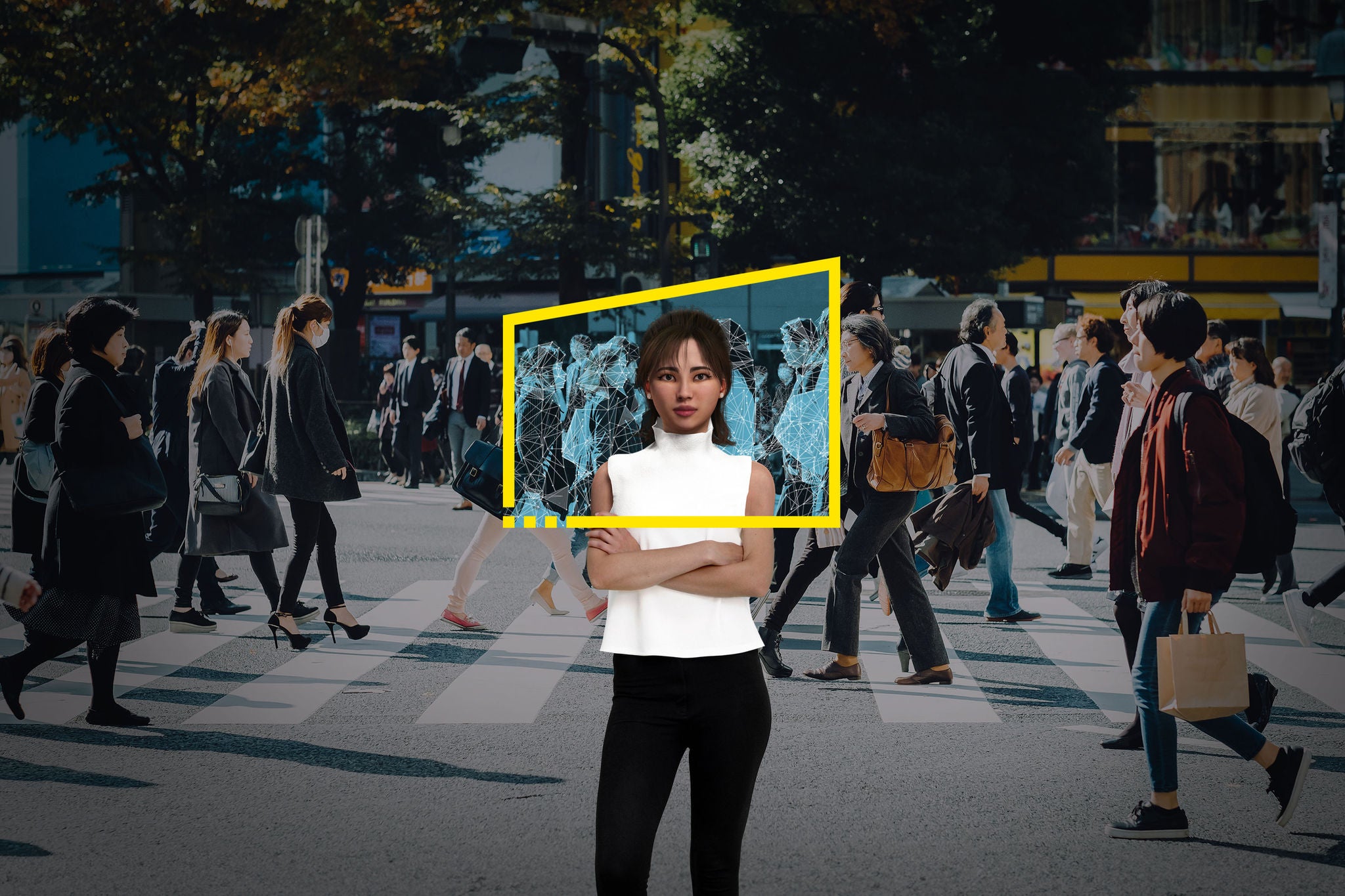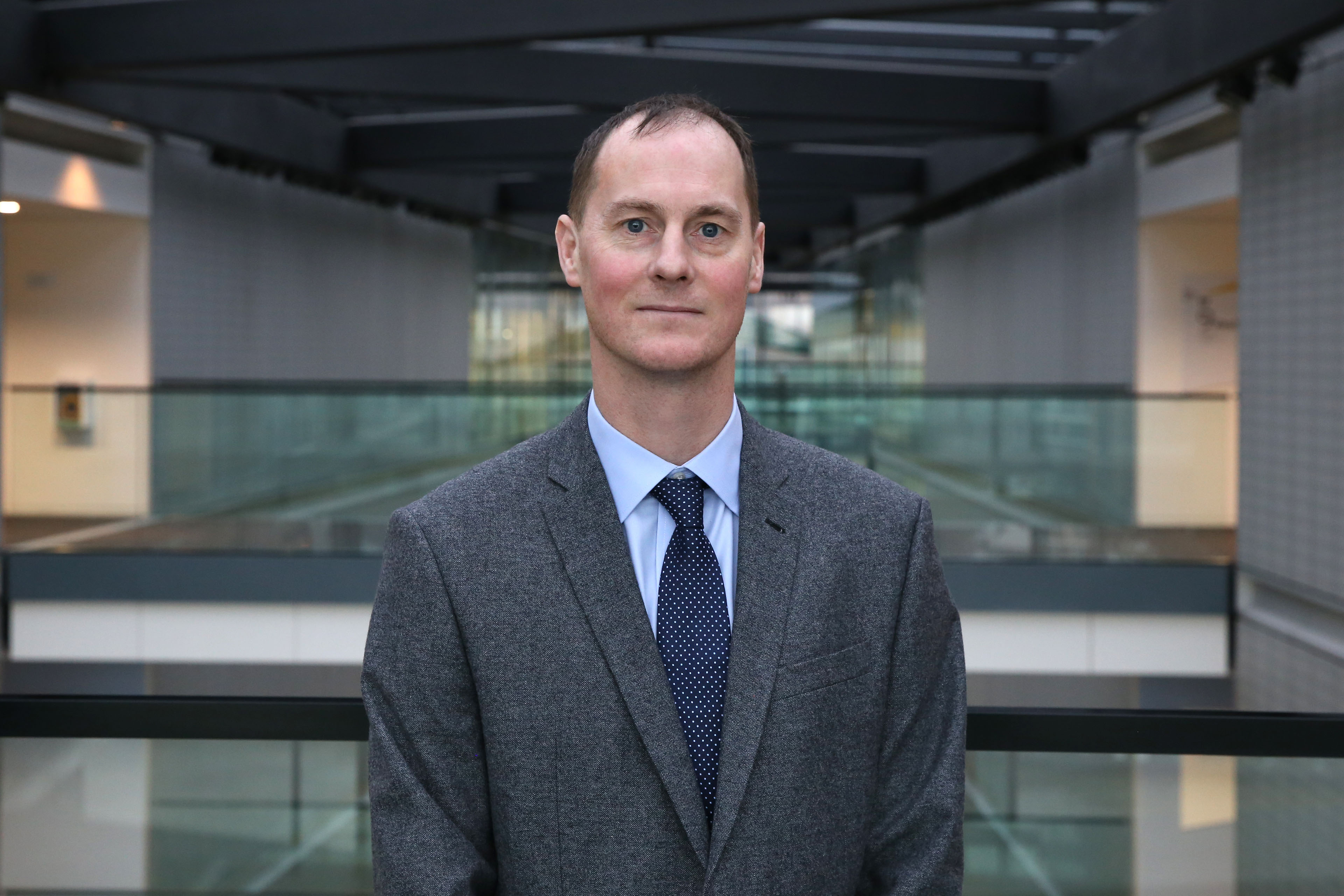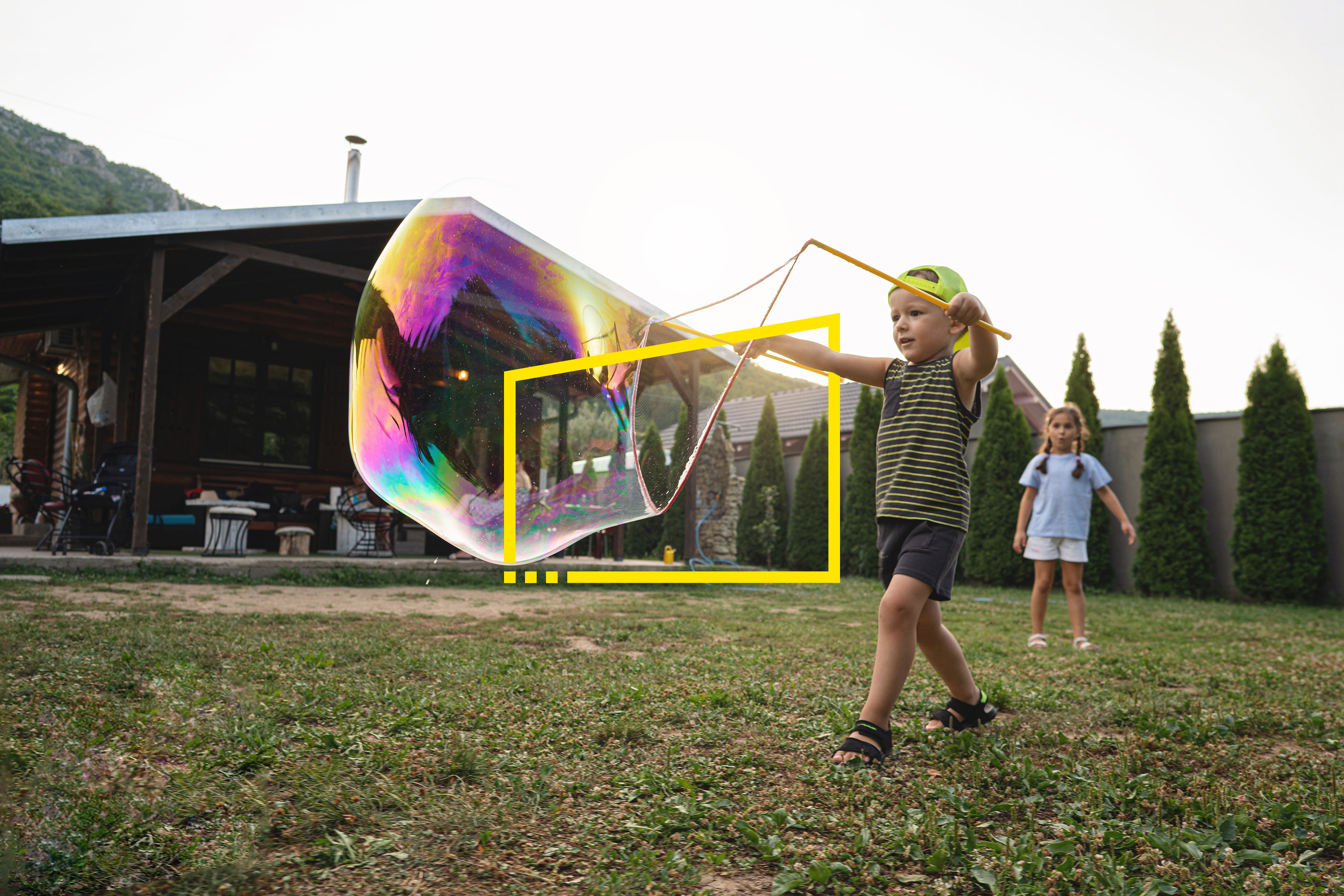EY refers to the global organization, and may refer to one or more, of the member firms of Ernst & Young Global Limited, each of which is a separate legal entity. Ernst & Young Global Limited, a UK company limited by guarantee, does not provide services to clients.
How EY can Help
-
EY Studio+ helps organizations build differentiated experiences that adapt with customers and drive sustainable long-term value. Read more on studio.ey.com.
Read more
What will it take to win in their worlds?
Sam and Wanyi live in different future scenarios and provide different perspectives on their world. But in both cases, there are strong similarities in the issues they face and the technologies they use. Both rely heavily on AI to help curate large parts of their lives, hinting that most perspectives on the future will arrive at a scenario where AI and automation are heavily integrated to shape consumer lifestyles and drive better business practices. But there are differences too and exploring what it takes to win in their worlds will help identify the products, services and business models required to thrive in the future.
Winning in Sam’s world
Sam lives in a world where people consciously limit what they own and instead subscribe to services that help them live an on-demand lifestyle. Asset-light consumers are no longer possessed by their possessions and take advantage of their freedom to live and work how and where they choose. Their lived experience is international, and they engage virtually to keep in touch with a global social network. Geographic communities have less relevance, but new places and cultures provide fantastic new experiences. People expect to feel “at home” wherever they happen to be and are always keen to learn new skills and try new experiences. Travel time between locations becomes highly productive. They have multiple professions and relationships, which their AI helps them to manage. Companies will need to engage not only with them but also with their AI to break into their circle of trust. Those brands that they do trust must use a demand-led supply chain and distribution ecosystem to “follow” their consumers wherever they go and provide relevant, contextual products and services that match their immediate needs.








